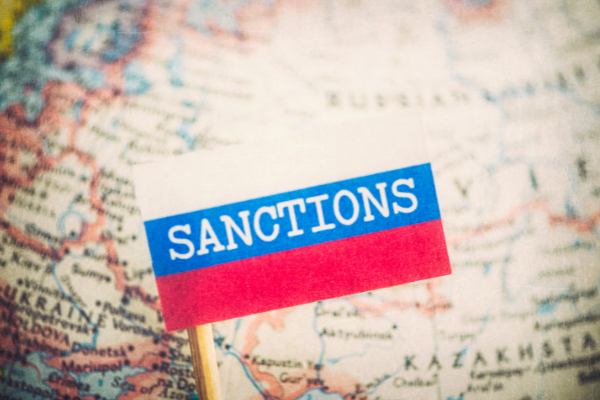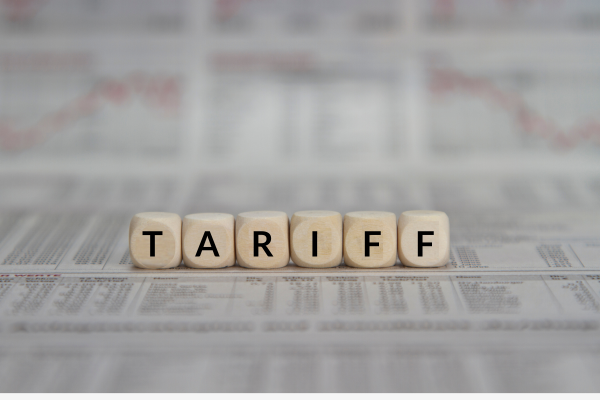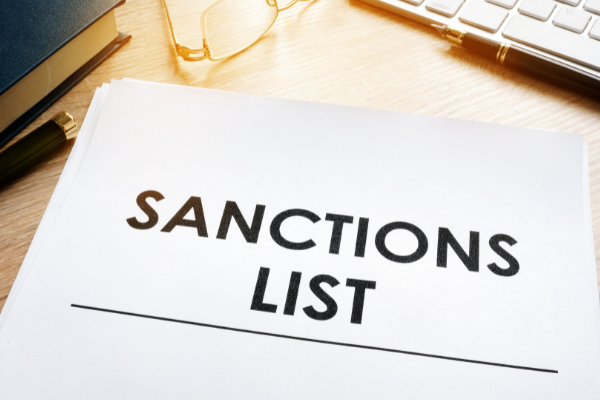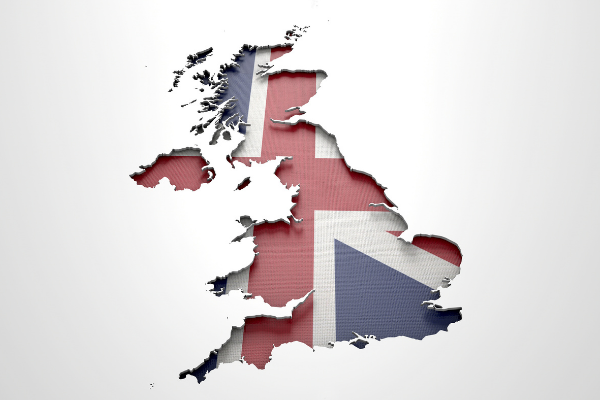BY:
SHARE:

HM Government issued a Sanctions Strategy document on 22nd February 2024, the imposition of new sanctions by the UK serves as a poignant reminder, marking the passage of two years since the reprehensible and unlawful incursion by Russia into Ukraine's territory.
HM Government issued a Sanctions Strategy document on 22nd February 2024, titled “Deter, disrupt and demonstrate – UK sanctions in a contested world: UK sanctions strategy.” The paper provides an update on the UK’s implementation of sanctions, emphasising the importance of following them through and ensuring they have solid legal foundations.
The information provided details the importance of the roles of several government departments in delivering and enforcing the sanctions strategy. OFSI, The Office of Trade Sanctions Implementation, will have the responsibility for the implementation and civil enforcement of certain trade sanctions, working closely with HMRC to enforce sanctions at the Export and Import border. This underlines the importance of accurate Tariff Classification and declaring the relevant document code for your goods to CDS, the Customs Declaration Service. This is the first reference to the creation of OFSI, which was announced in December last year.
Annex 1 & 2 within the Strategy Document provides an overview of UK Sanctions Regimes and the Roles and Responsibilities across government. Because the UK applies several types of sanctions, this is a helpful overview of the framework of responsibilities.
The document also provides some case studies relevant to the subjects covered within the strategy document.
The UK Government also announced new sanctions on Russia on the same day the Sanctions Strategy document was issued. This has resulted in the publishing of an updated version of the UK Sanctions List. The new UK sanctions include companies linked to manufacturing munitions, importers and manufacturers of machine tools, diamond companies and producers, and five senior executives or owners of Russia’s top copper, zinc, and steel producers. Sanctions relating to Oil traders, shipping companies, and companies and directors involved in Liquified Natural Gas (LNG) production.
Finally, the Sanctions Strategy and updates reference the Oil Price Cap (OPC). An OPC case study provides further details on the background to this implementation.
Details of the relevant UK Links can be found in the links supplied below.
Deter, Disrupt and Demonstrate – UK sanctions in a contested world (publishing.service.gov.uk)
The UK Sanctions List - GOV.UK (www.gov.uk)
In addition, on Friday, 23rd February 2024, the EU adopted the 13th package of individual and economic sanctions on Russia.
OneCall™ Email assistance as and when required; A one-call solution for all your import, export and customs enquiries. Export help. Import help. Customs help.
Stay informed about customs and international trade matters by subscribing to our OneCall™ service. This comprehensive offering includes a dedicated email helpline for support, timely practical updates direct to your inbox (Did You Know?), monthly UK Customs & Trade Briefings and access to an interactive members' area with an exclusive community for our subscribers.
International Trade Updates & Spotlight Newsletter
Subscribe to our free information emails covering international trade topics...
MORE INDUSTRY INSIGHTS...











